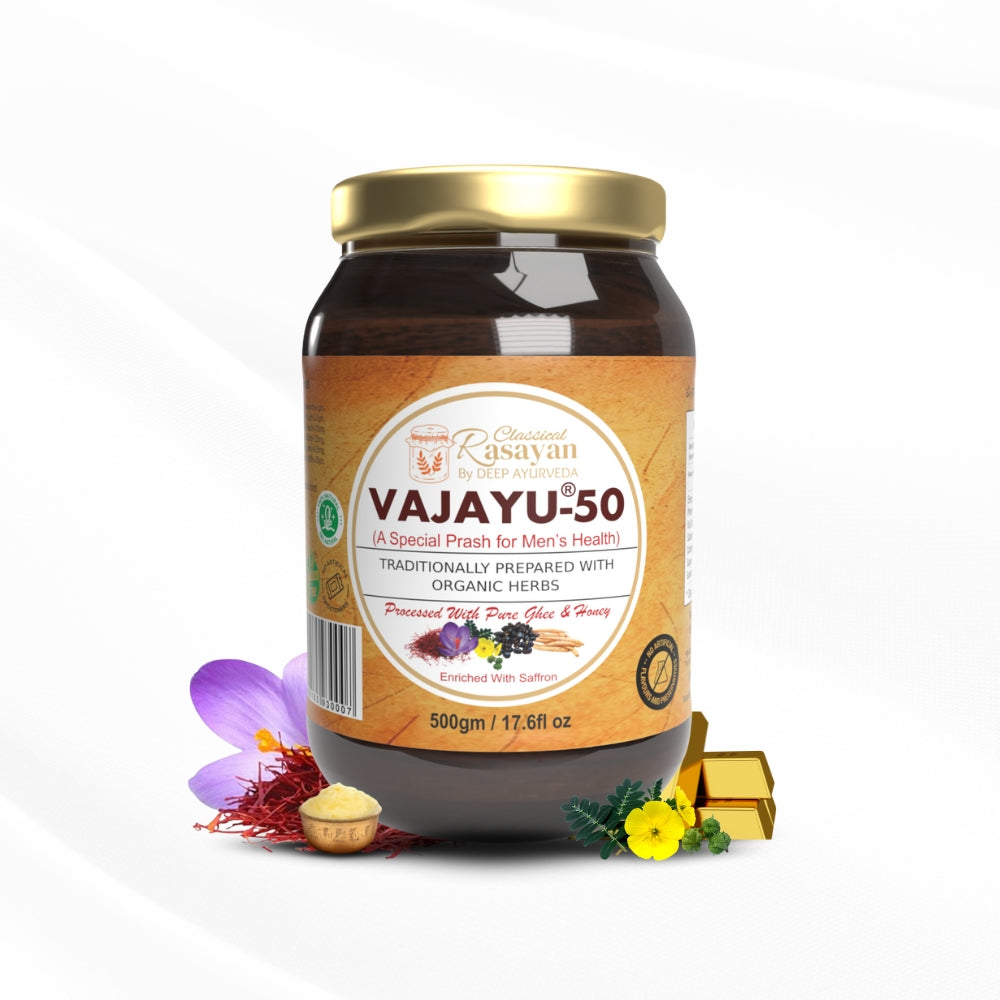Polycystic Ovary Syndrome (PCOS) is one of the most common hormonal disorders affecting women today, leading to irregular periods, weight gain, acne, hair fall, and fertility challenges. While modern medicine often focuses on symptom management, Ayurveda views PCOS as a result of dosha imbalance and poor digestion (Agni). Diet, therefore, becomes the cornerstone of natural healing. Following a well-designed PCOS diet chart can not only regulate hormonal balance but also improve metabolism, support fertility, and promote overall wellness.
👉 Along with a balanced diet, certain Ayurvedic formulations are highly beneficial for women’s hormonal and reproductive health. One such supplement is Naripanch , considered the best Ayurvedic chyawanprash for women, as it nourishes the body, strengthens immunity, and supports natural hormonal balance.
Understanding PCOS from an Ayurvedic Perspective

According to Ayurveda, PCOS is primarily linked to Kapha and Vata imbalance. Excess Kapha leads to weight gain, sluggish metabolism, and cyst formation, while aggravated Vata causes irregular cycles and hormonal fluctuations. Poor digestion (Mandagni) further contributes to toxin (Ama) buildup, which disrupts reproductive health. Ayurveda emphasizes diet, lifestyle, and stress management as natural ways to restore harmony and balance hormones.
Key Principles of an Ayurvedic PCOS Diet

- Prefer warm, freshly cooked, and sattvic meals.
- Avoid processed, refined, and fried foods.
- Include seasonal fruits and vegetables.
- Favor whole grains like millets, quinoa, and brown rice.
- Use hormone-balancing spices: turmeric, cinnamon, cumin, fenugreek.
- Stay hydrated with herbal teas (cumin-coriander-fennel water, tulsi tea).
- Practice mindful eating – eat at regular intervals and avoid overeating.
Ayurvedic PCOS Diet Chart (Daily Meal Plan)

Early Morning:
- Warm lemon water or fenugreek seed water
- Herbal tea (cinnamon/ginger/tulsi)
Breakfast:
- Vegetable upma, poha with curry leaves, or multigrain porridge
- Herbal tea instead of coffee
Mid-Morning Snack:
- Seasonal fruit (papaya, guava, apple, pomegranate)
- Coconut water or buttermilk
Lunch:
- Brown rice / millet roti with dal or moong khichdi
- Steamed vegetables with turmeric & cumin
- Fresh salad with lemon dressing
Evening Snack:
- Roasted chana or nuts and seeds mix
- Tulsi-ginger tea
Dinner (light & early):
- Moong dal khichdi, vegetable soup, or roti with sabzi
- Avoid heavy fried foods
Before Bed:
-
Warm turmeric milk (if suitable)
7-Day PCOS Diet Plan (Ayurvedic Approach)
To make it easier, here’s a 7-day PCOS diet plan designed to balance hormones naturally:
-
Day 1: Moong dal khichdi + steamed veggies + herbal tea
-
Day 2: Millet roti with spinach sabzi + cucumber salad + buttermilk
-
Day 3: Brown rice with dal tadka + broccoli stir fry + tulsi tea
-
Day 4: Oats porridge with flaxseeds + papaya + lemon water
-
Day 5: Vegetable upma with curry leaves + roasted nuts + green tea
-
Day 6: Quinoa pulao with seasonal veggies + dal + salad
- Day 7: Light moong soup with roti + steamed bottle gourd + ginger tea
Foods to Include in PCOS Diet (Ayurvedic View)
-
Whole grains: oats, quinoa, millets
-
Fruits: papaya, pomegranate, guava, apple
-
Vegetables: spinach, bottle gourd, bitter gourd, broccoli
-
Healthy fats: ghee, flaxseeds, sesame oil, nuts
- Herbs: ashwagandha, shatavari, turmeric, cinnamon
Foods to Avoid in PCOS (Ayurvedic View)

- Junk and fried food
- Excess dairy and refined sugar
- White rice, maida, bread, pasta
- Cold drinks, packaged juices, carbonated beverages
- Canned and processed foods
Lifestyle Tips Along with Diet
- Practice yoga asanas like butterfly pose, surya namaskar, and bhujangasana.
- Do pranayama (deep breathing, anulom-vilom) daily.
- Reduce stress with meditation and mindfulness.
- Maintain a regular sleep cycle (7–8 hours).
- Consider Ayurvedic therapies like Panchakarma under expert guidance.
Conclusion
Managing PCOS naturally is possible with the right balance of diet, lifestyle, and Ayurvedic practices. Following a personalized Ayurvedic PCOS diet chart not only helps regulate hormones but also supports overall reproductive health and well-being. Small changes in daily food choices, when followed consistently, can bring long-term relief.
👉 For a customized diet plan and Ayurvedic treatment, consult our Ayurvedic Doctor at Deep Ayurveda.






